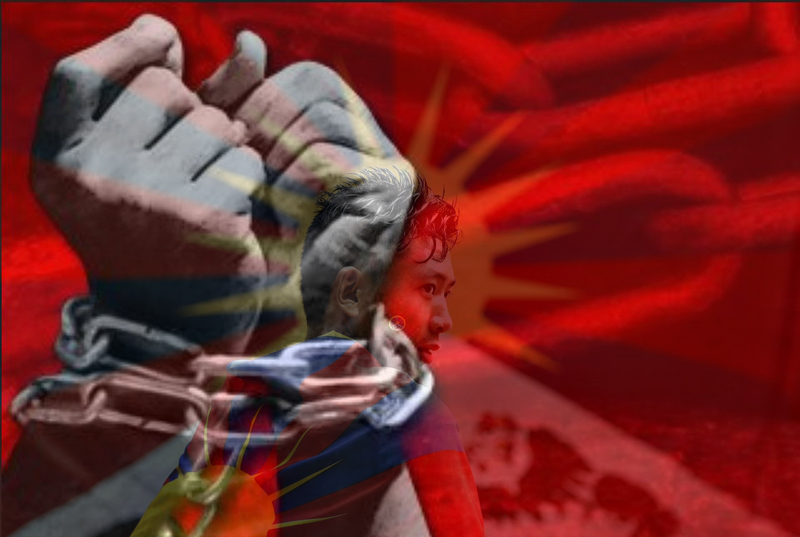
‘Interpol should be judged by whether it continues to allow its systems to be used as a tool of persecution’, writes Jago Russell.
I suspect China saw the appointment of Meng Hongwei as president of Interpol’s executive committee as a PR victory – evidence of China’s growing influence on the international stage. Thankfully, the occasion was used as an opportunity to highlight the country’s appalling rights record (New Interpol head is Chinese former deputy head of paramilitary police force, 11 November).
China has misused Interpol to pursue dissidents across the globe.
It is wrong, however, to suggest that Hongwei’s appointment will allow China to do this more often and more easily.
These decisions, with enormous implications for the people they affect, are made by Interpol’s secretariat, headed by Jurgen Stock (the real leader of Interpol’s operations).
Under Stock, Interpol has started the long-overdue task of creating safeguards against the kinds of abuse suffered by Uighur activists pursued by China.
Under Stock, Interpol has started the long-overdue task of creating safeguards against the kinds of abuse suffered by Uighur activists pursued by China.
Last week, Stock announced further much-needed reforms to maintain “the confidence and trust of national law enforcement and wider society in Interpol”.
The detail of these reforms haven’t yet been published so it’s hard to predict whether they will be effective in weeding out abusive cases.
Ultimately, Interpol should be judged by whether it continues to allow its systems to be used as a tool of persecution.
If it fails to rise to this challenge, it will not only remain complicit in human rights abuse; but will also fail to meet the “highest legal standards” that its outgoing president last week recognised as crucial to its “credibility, legitimacy and effectiveness”.
Aucun commentaire:
Enregistrer un commentaire